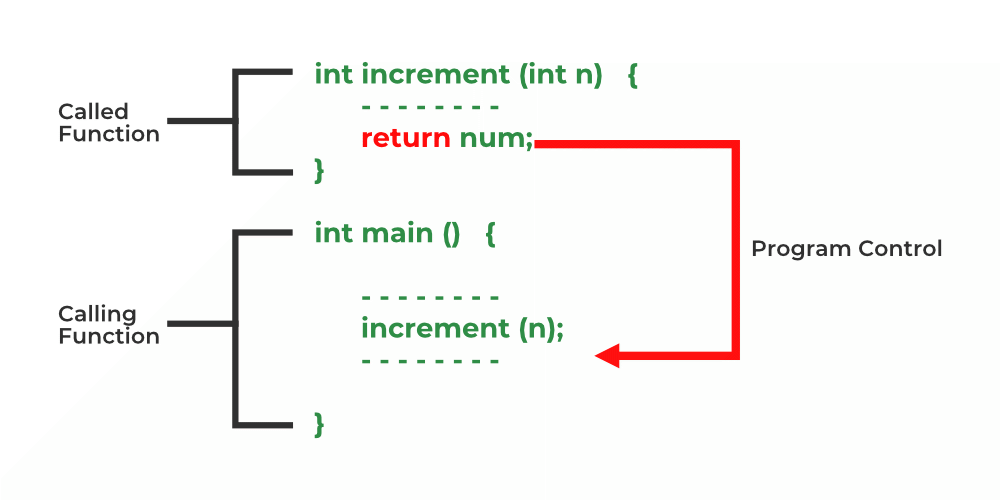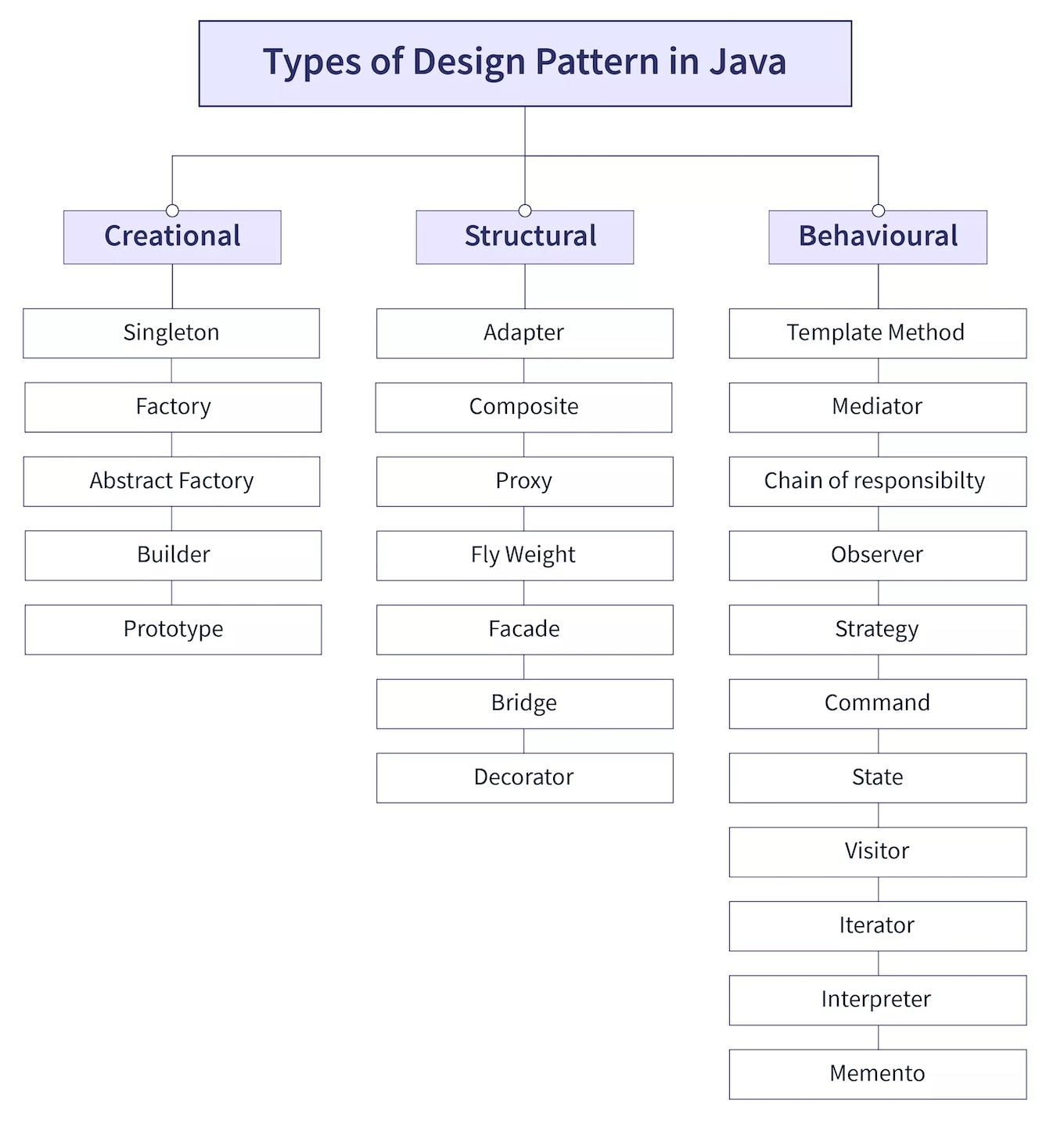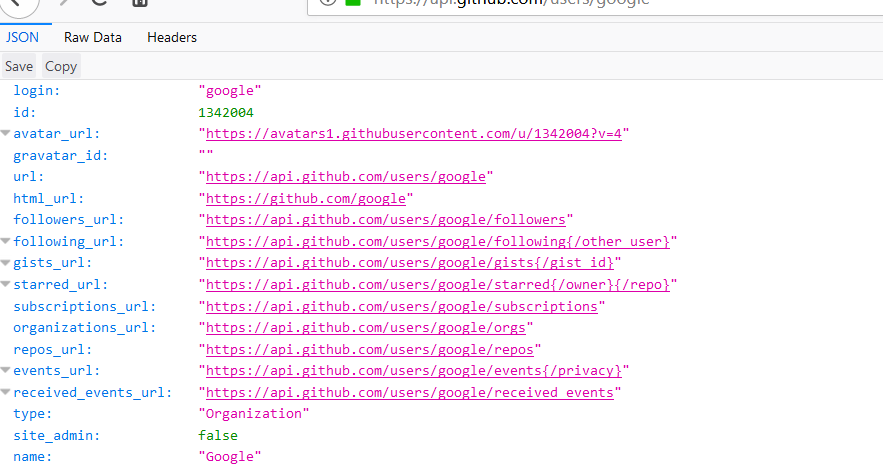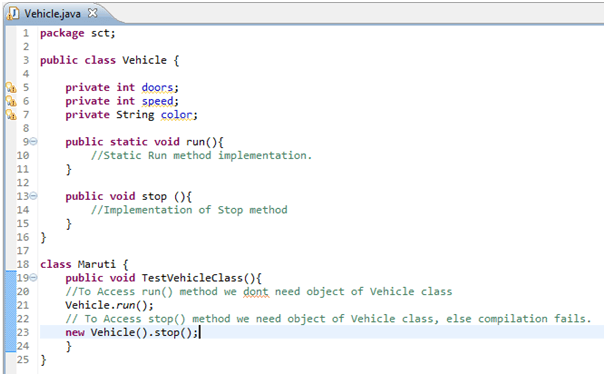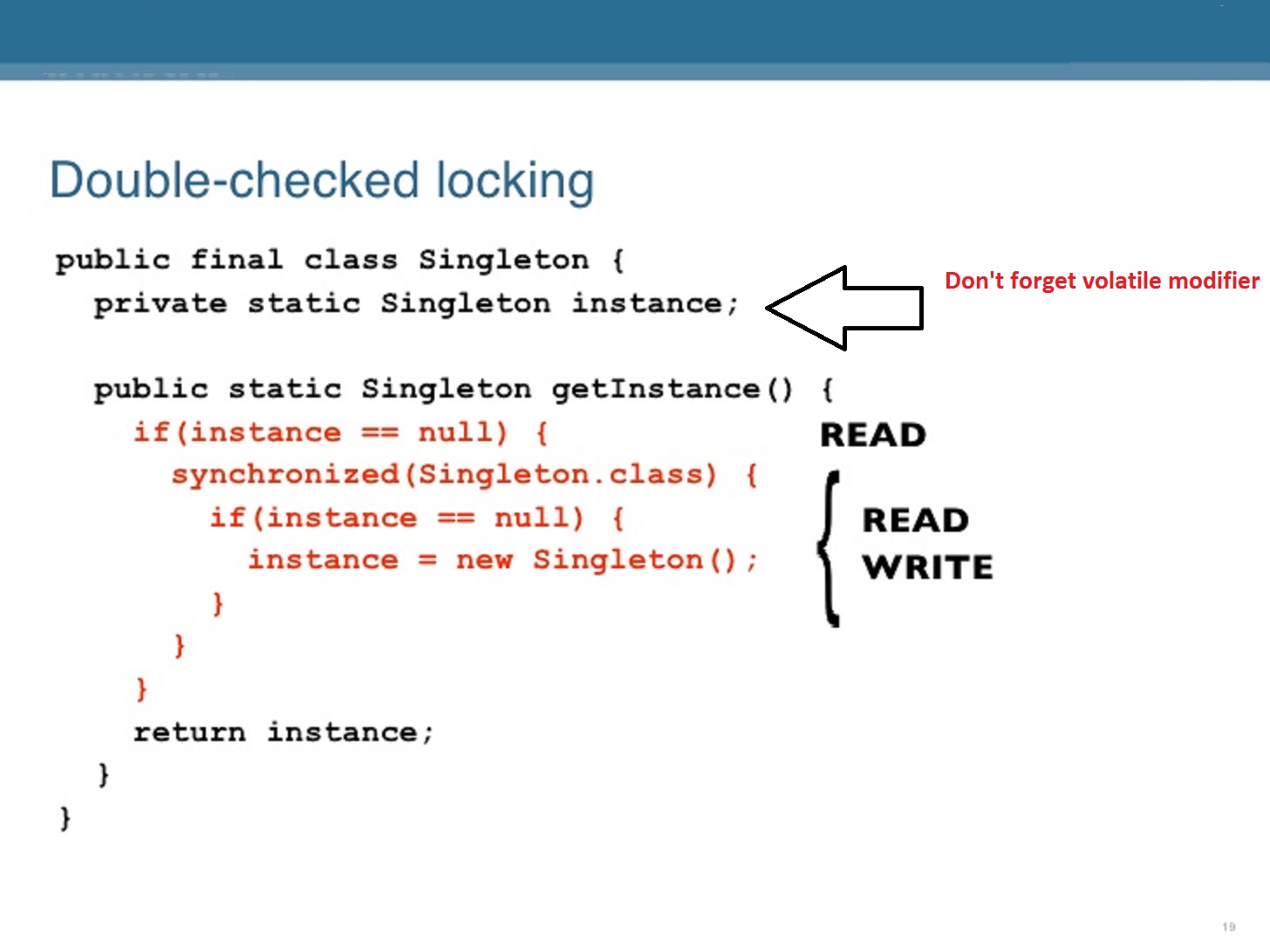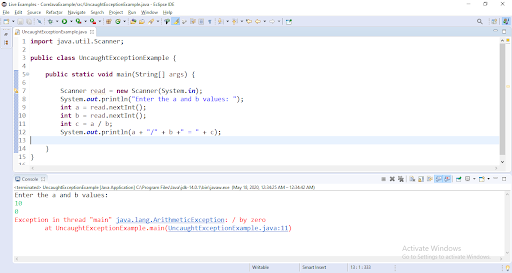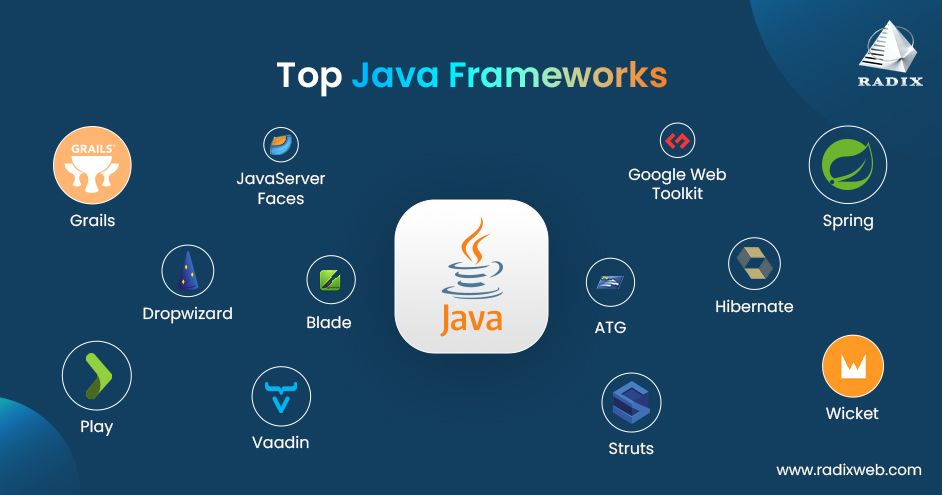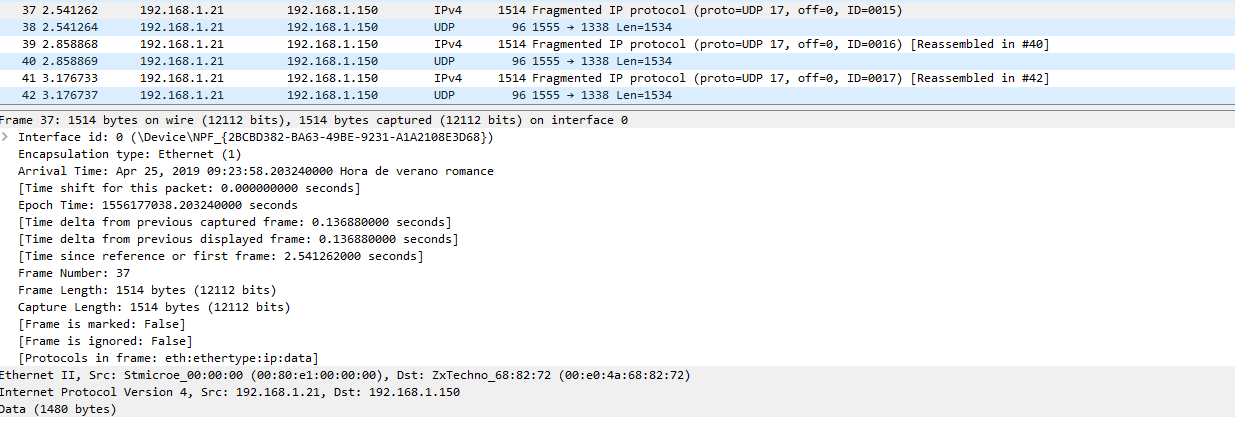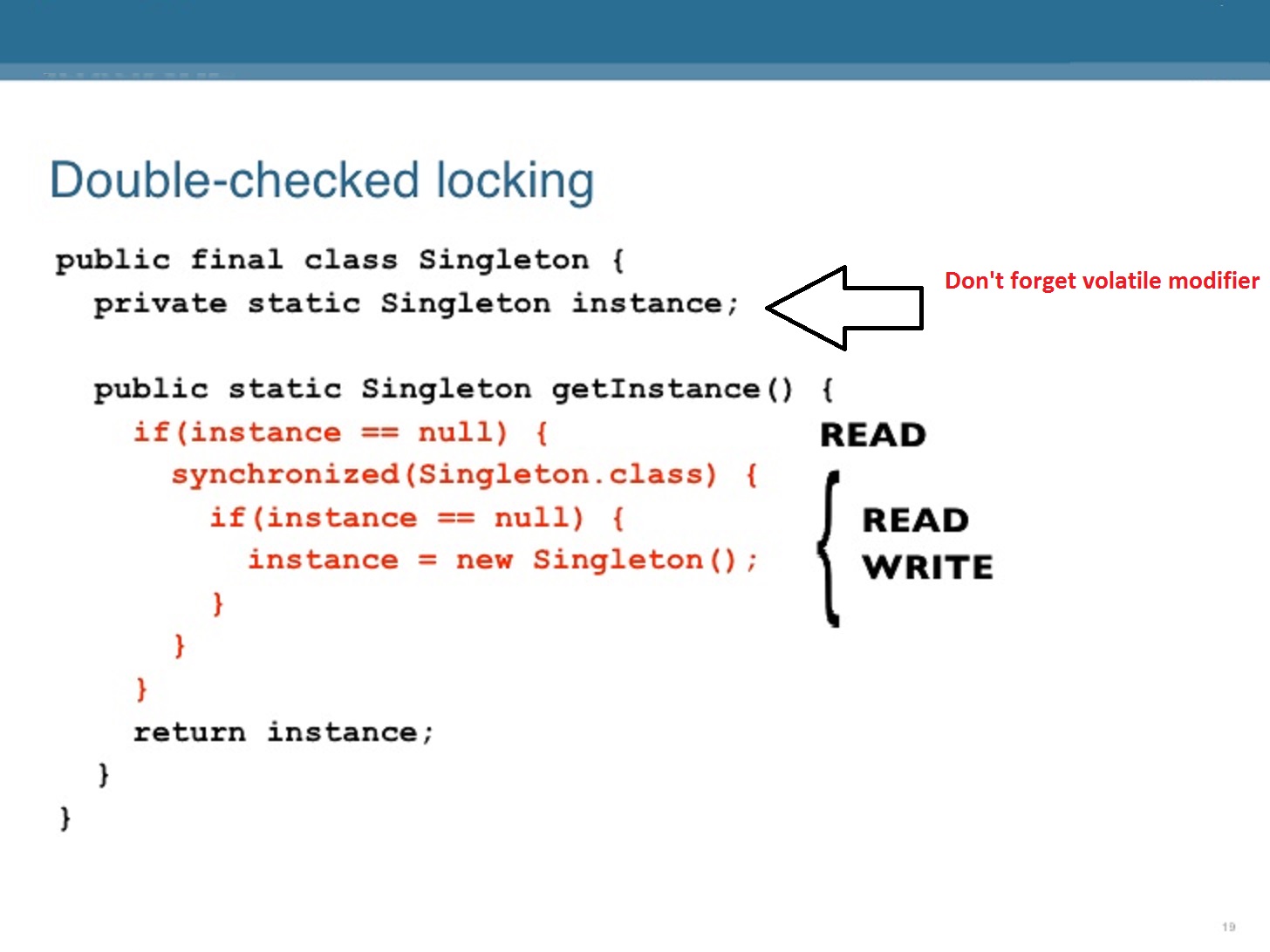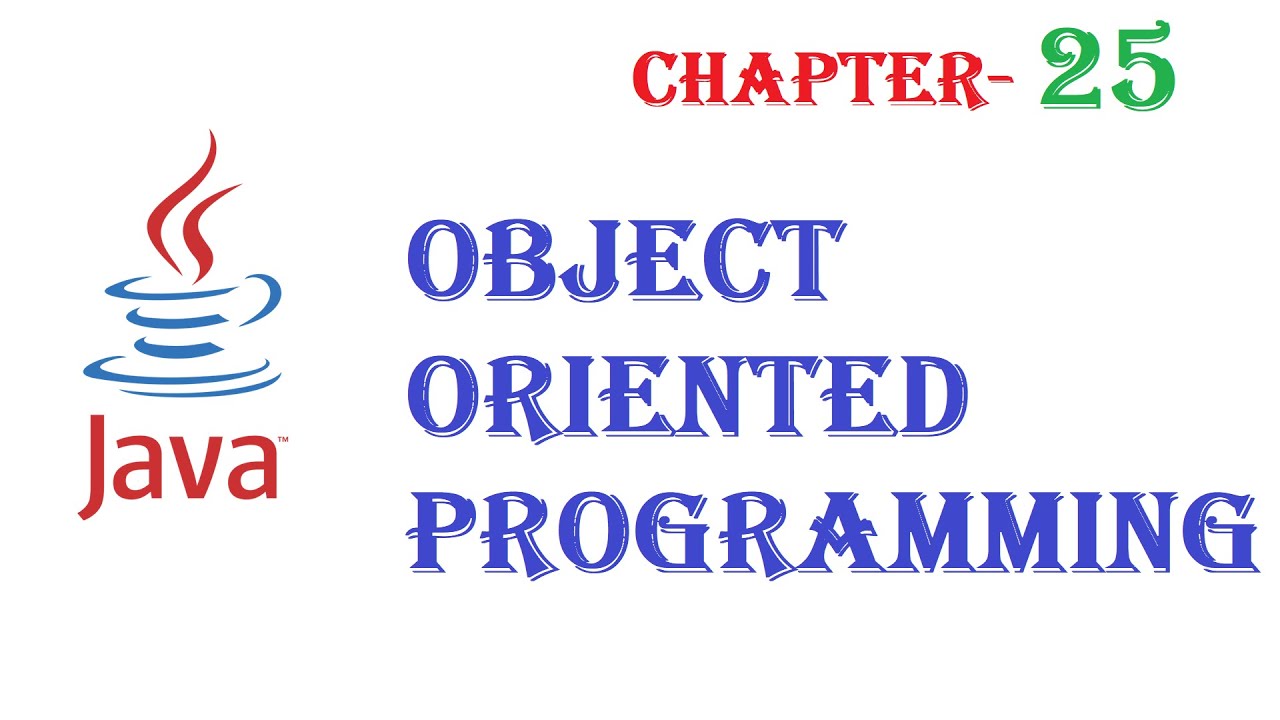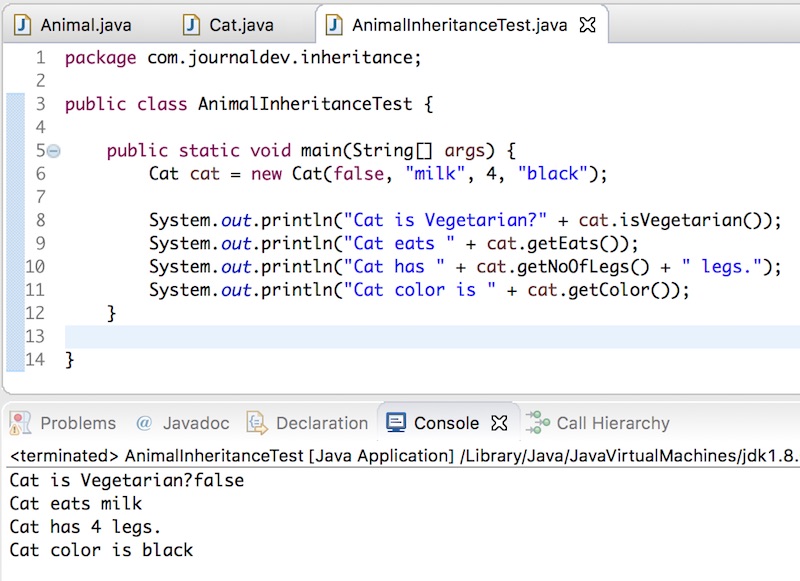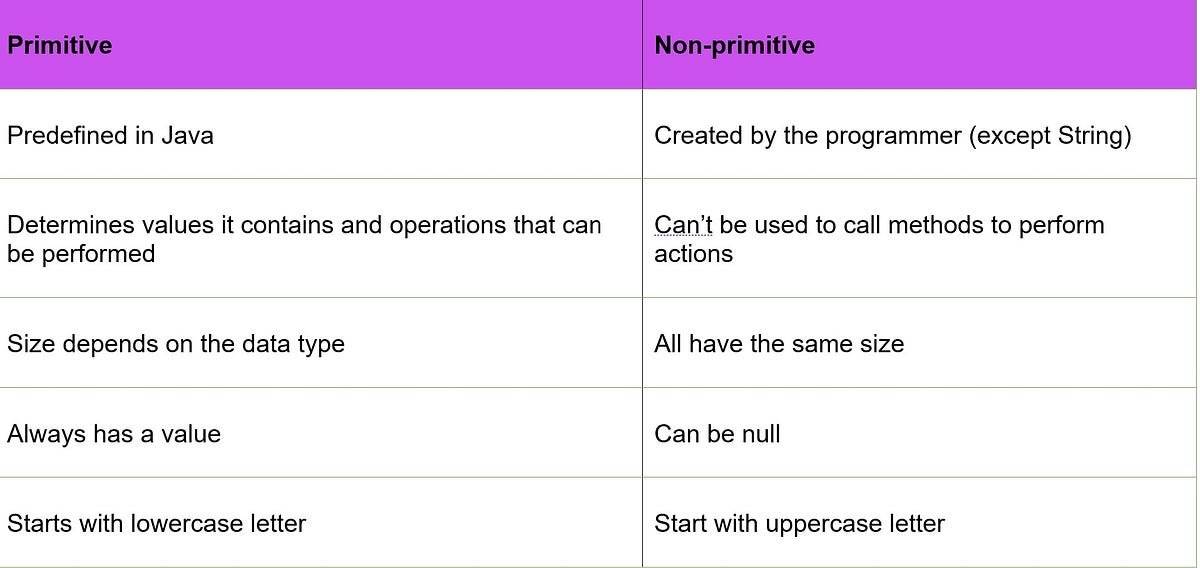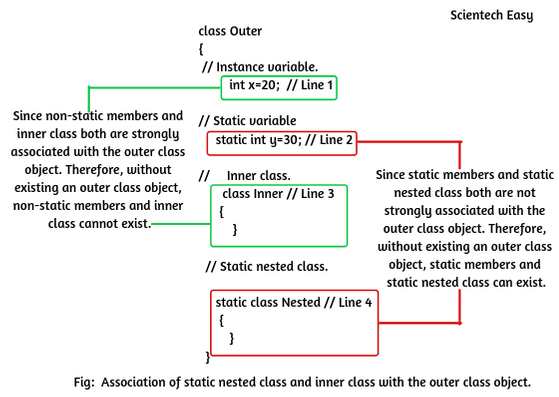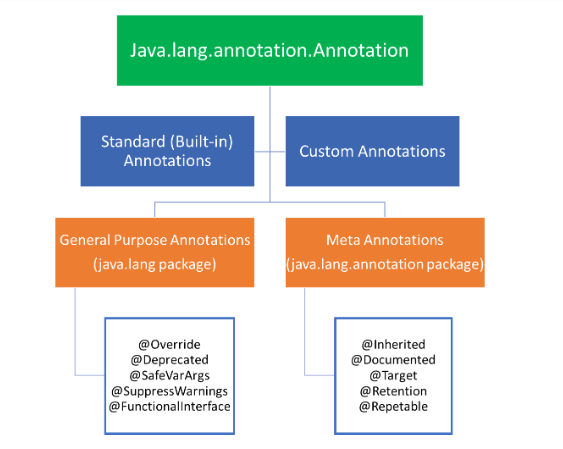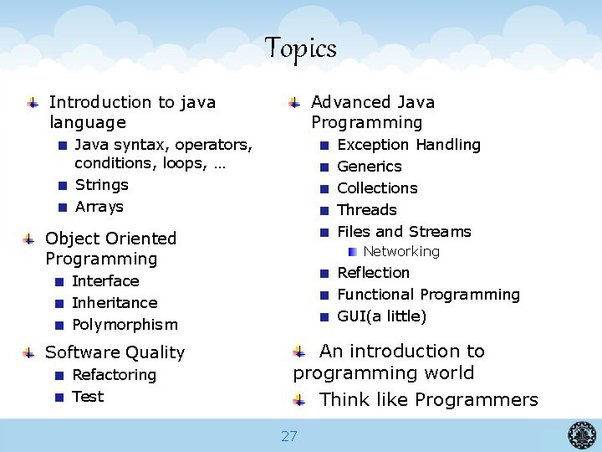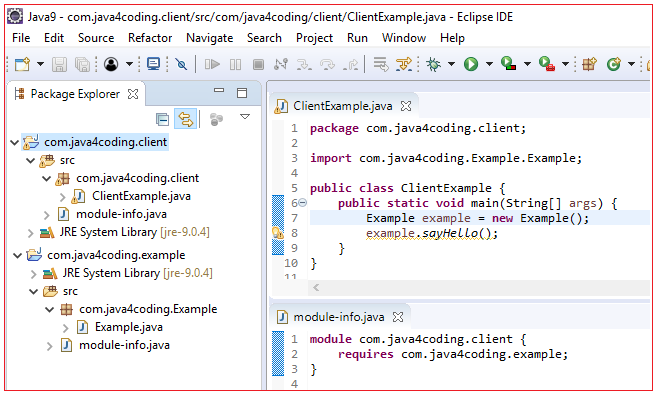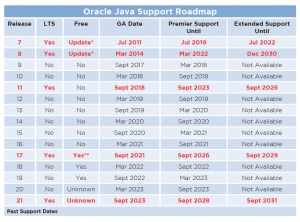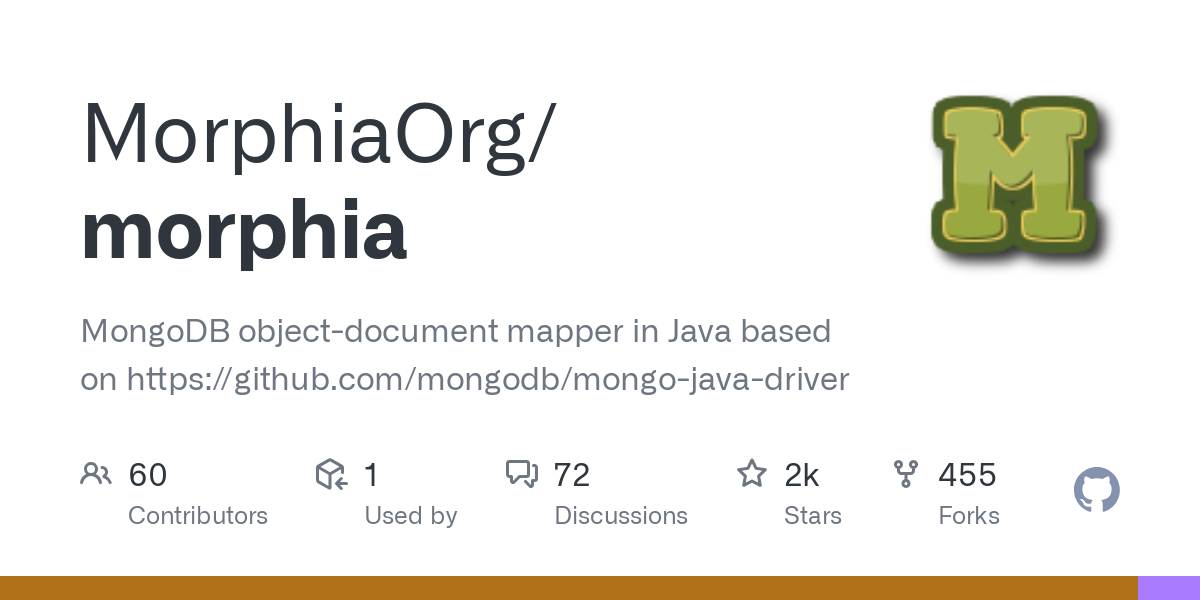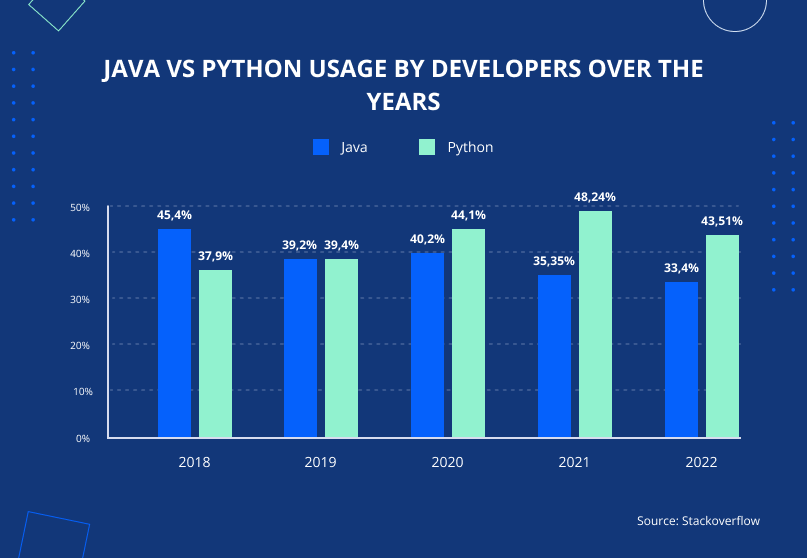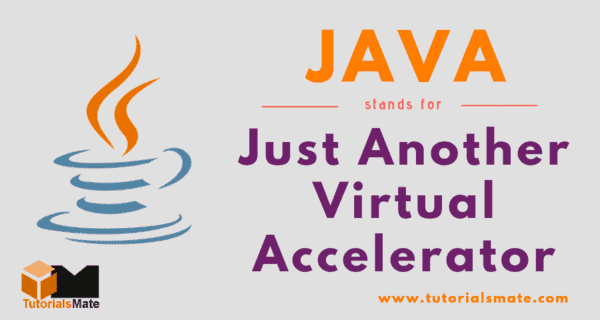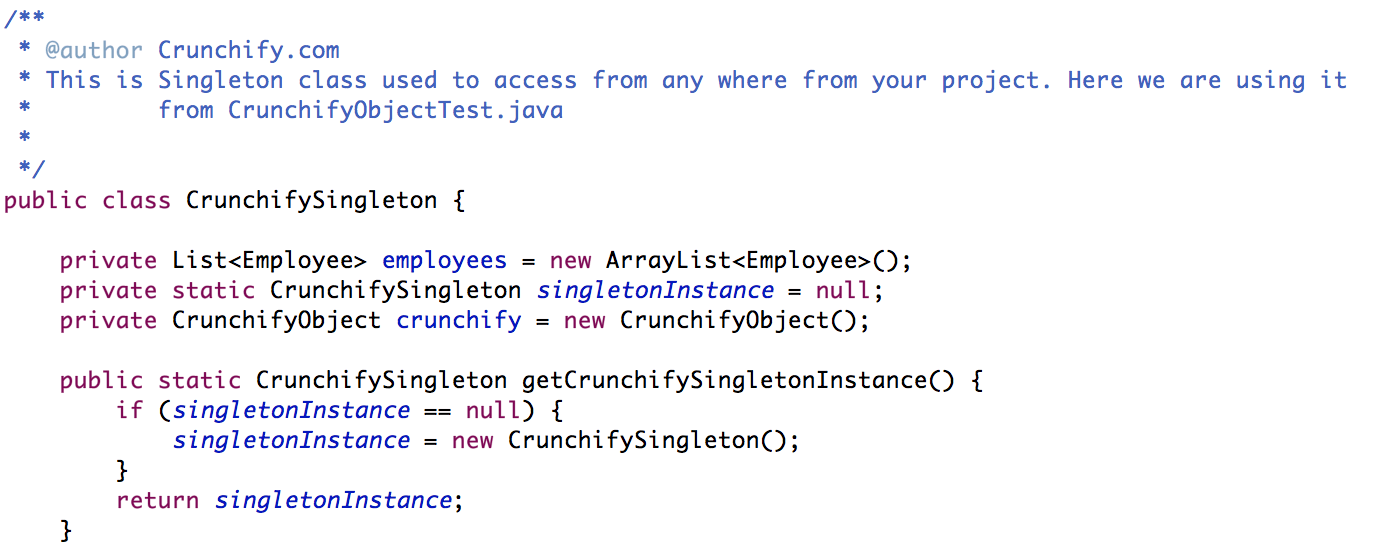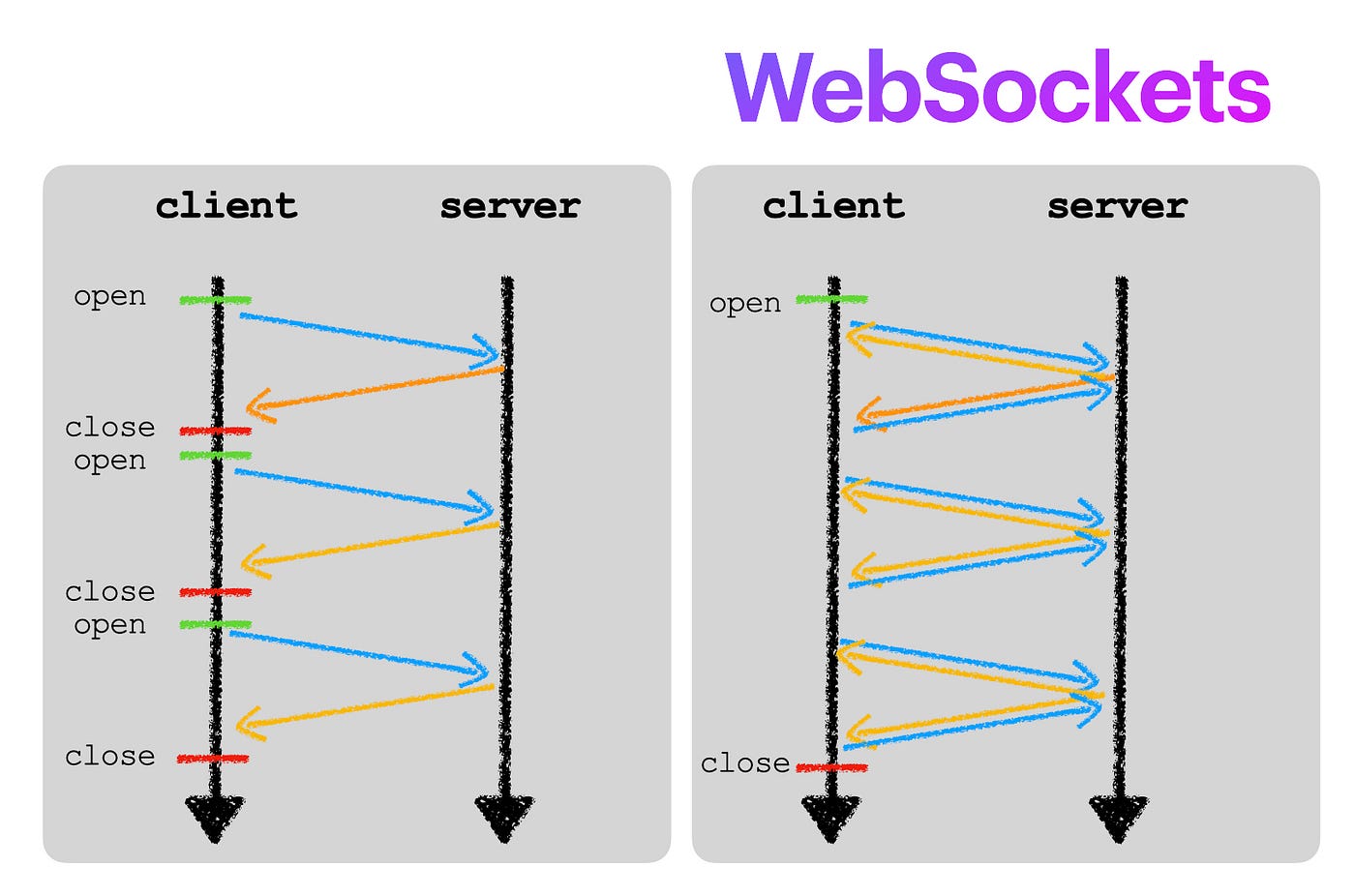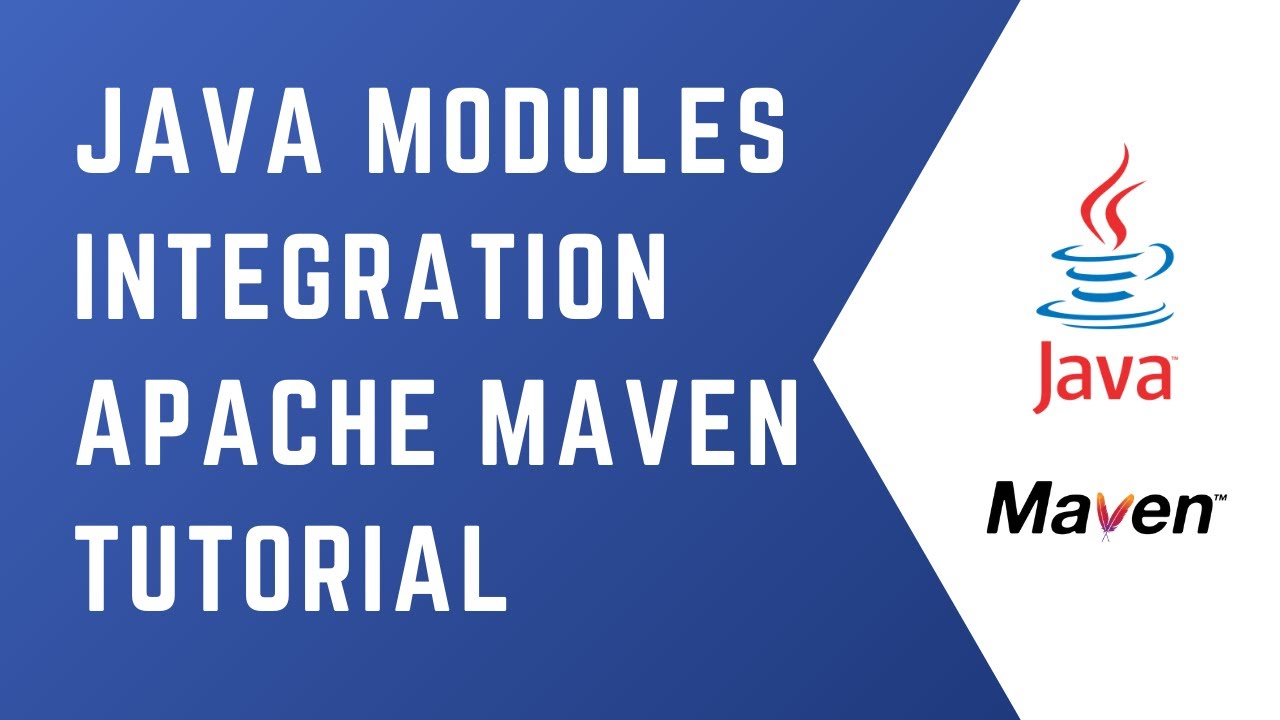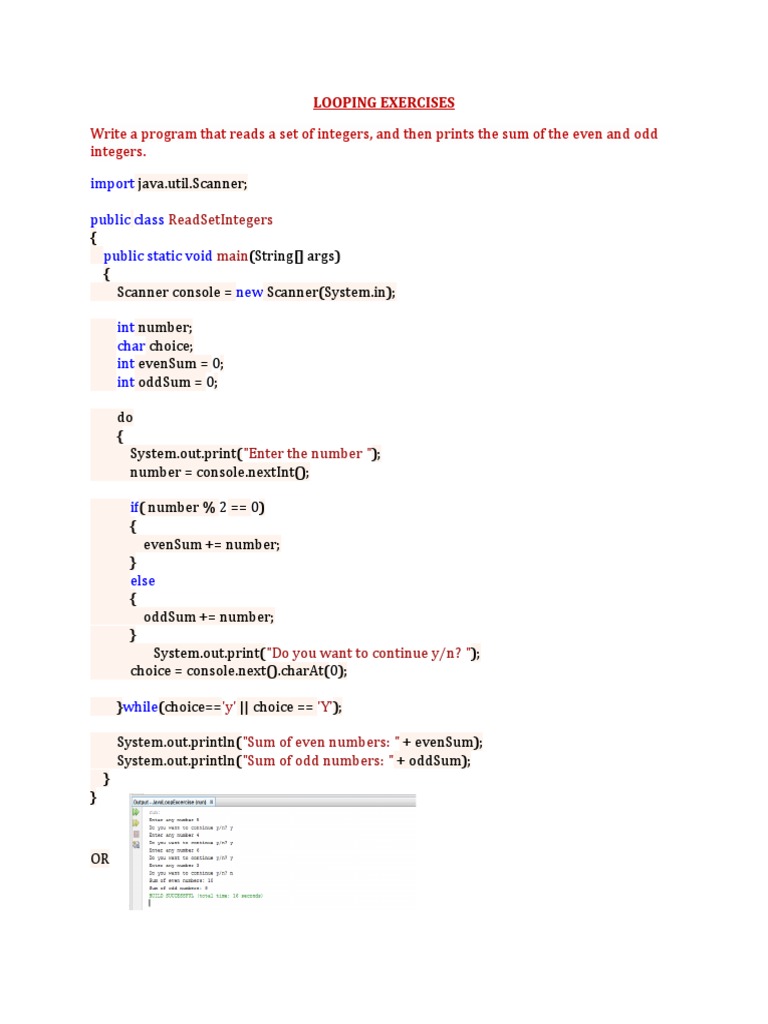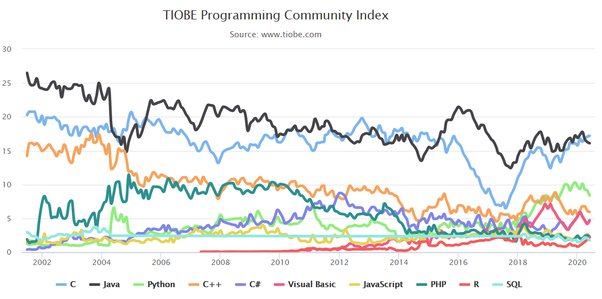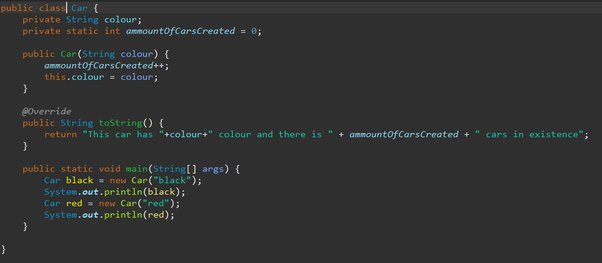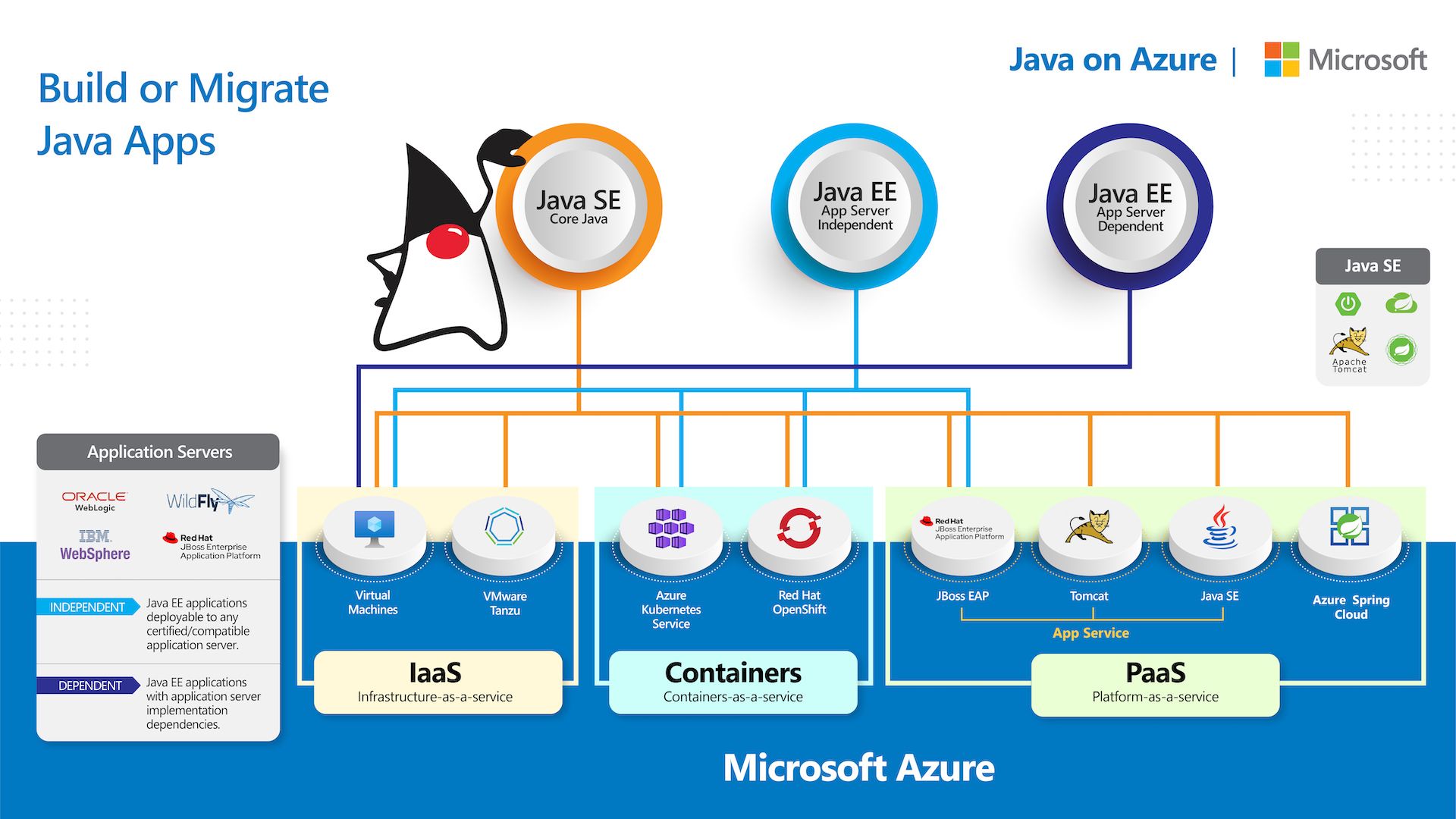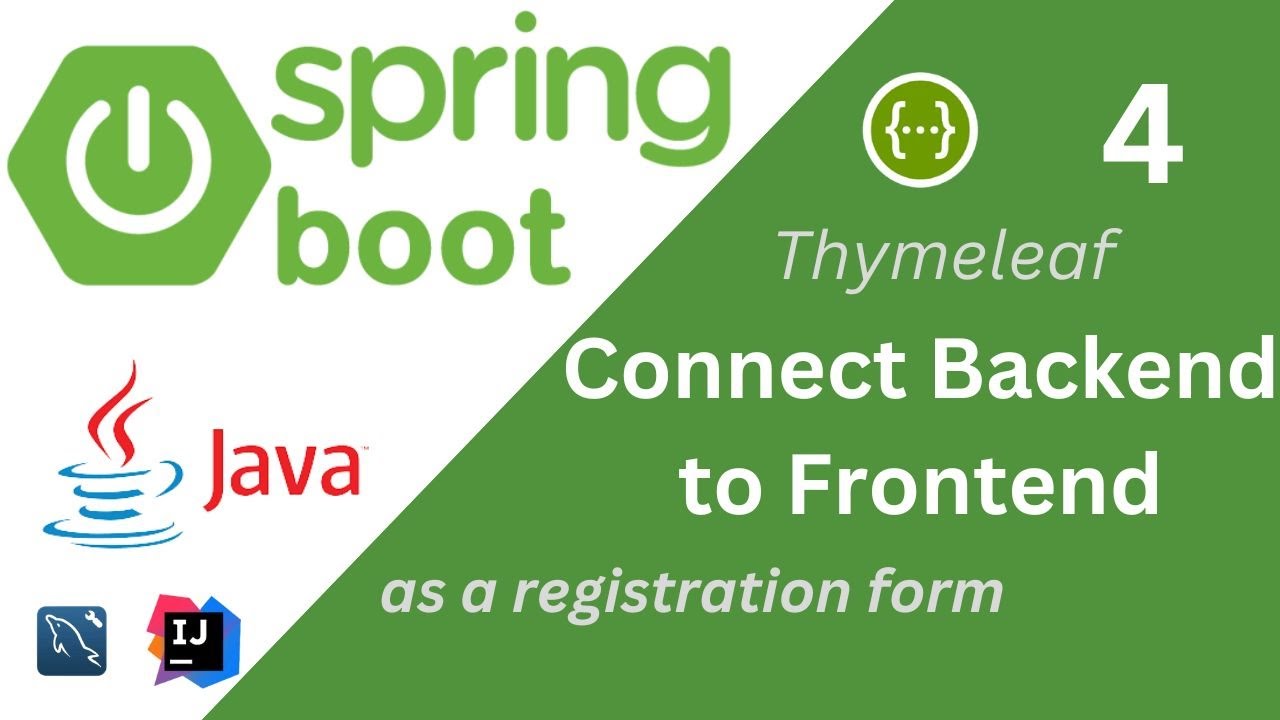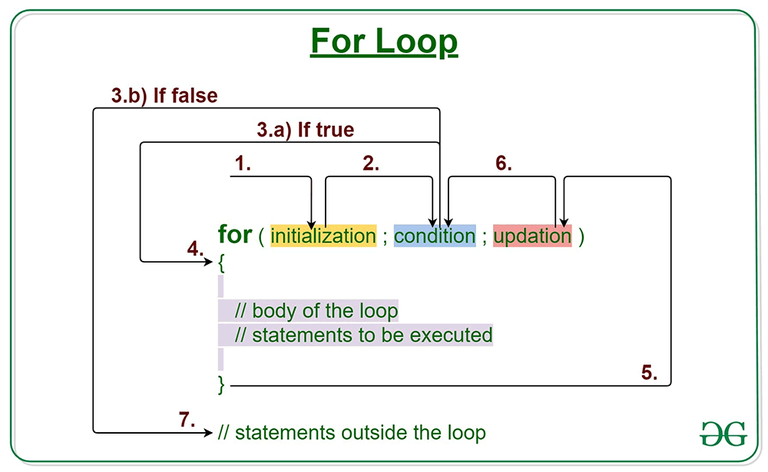Java definition for Interview
Java definition for Interview
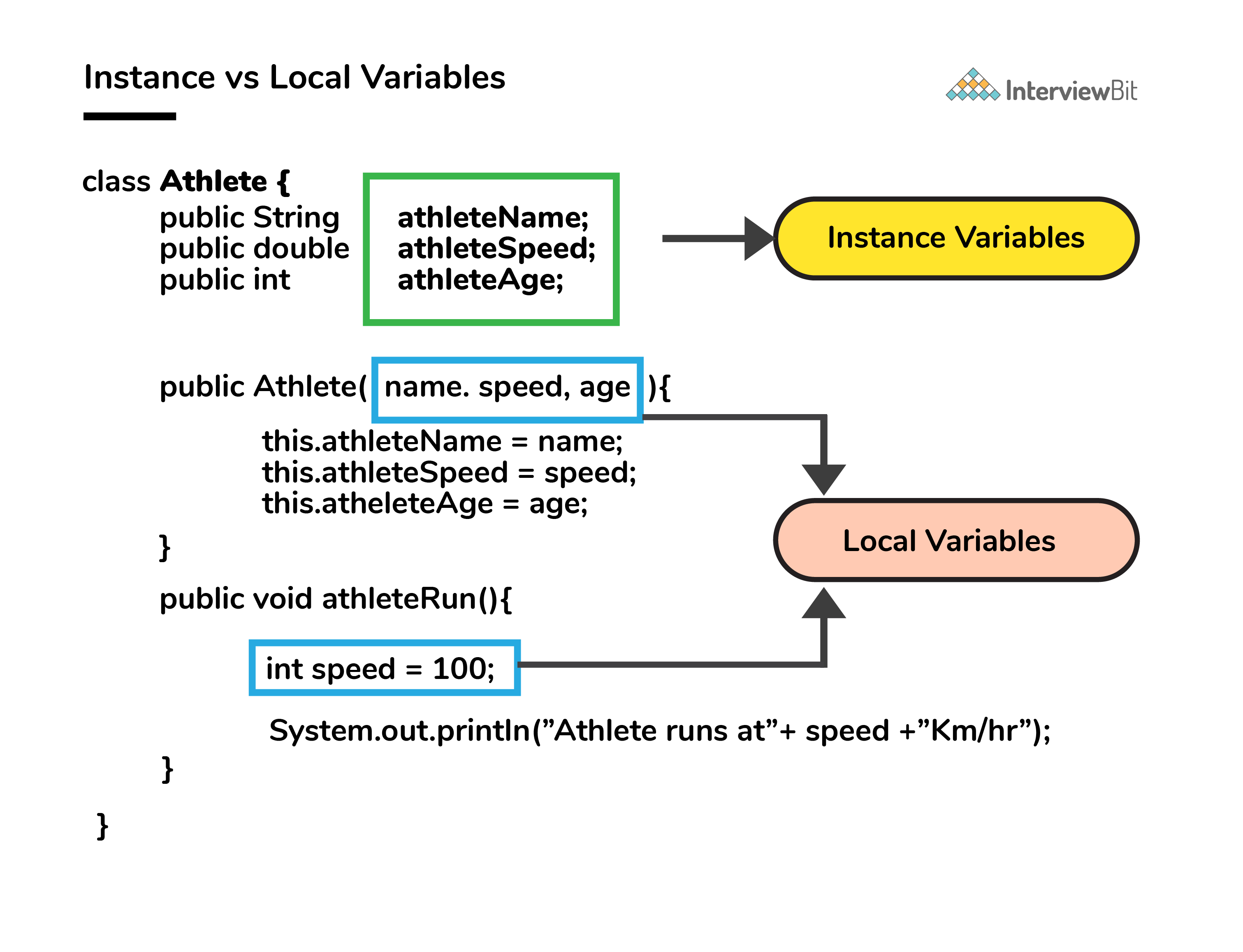
Here is a comprehensive Java definition that covers common interview questions and topics:
Introduction to Java
Java is an object-oriented programming language developed by Sun Microsystems (now owned by Oracle Corporation). It's designed to be platform-independent, meaning programs written in Java can run on any device that has a JVM (Java Virtual Machine) installed.Key Features of Java
Platform-Independence: Java code can run on any device with a JVM, without requiring recompilation or changes. Object-Oriented Programming (OOP): Java is an OOP language, which means it supports concepts like encapsulation, inheritance, polymorphism, and composition. Garbage Collection: Java has automatic garbage collection, which frees the developer from worrying about memory management. Multithreading: Java has built-in support for multithreading, allowing programs to run multiple threads concurrently. Robust Security: Java has a strong focus on security, with features like sandboxing and digital signatures.Java Syntax
Variables: In Java, variables are declared using thetype name; syntax (e.g., int x;) Operators: Java supports standard arithmetic operators (+, -, *, /, %, etc.), as well as logical operators (&&, ||, !, etc.). Control Flow: Java has support for if-else statements, switch statements, and loops (e.g., for, while, do-while).
Java Classes and Objects
Class Definition: In Java, a class is defined using thepublic class ClassName { ... } syntax. Constructors: Constructors are special methods that initialize objects when they're created. They have the same name as the class. Methods: Methods are blocks of code that can be called multiple times. They can take arguments and return values.
Java Inheritance
Inheriting from a Parent Class: A child class inherits properties and behavior from its parent class using inheritance syntax (e.g.,public class Child extends Parent { ... }). Overriding Methods: Child classes can override methods inherited from their parents to provide custom behavior.
Java Exception Handling
Try-Catch Blocks: Java has try-catch blocks that allow programs to catch and handle exceptions gracefully. Throwing Exceptions: Classes can throw custom exceptions using thethrow keyword.
Common Java Interview Questions
What is the difference between== and .equals() in Java? == checks for reference equality, while .equals() compares object values. How do you handle exceptions in Java? Use try-catch blocks to catch and handle exceptions. Can you explain Java's garbage collection mechanism? Automatic memory management that frees the developer from worrying about memory leaks. What is a finally block in Java? Code that executes regardless of whether an exception was thrown or not. How do you implement multithreading in Java? Use threads and synchronized blocks to achieve concurrency.
Additional Tips
Read the Problem Carefully: Take time to understand the problem and what's being asked. Break Down Complex Problems: Divide complex problems into smaller, more manageable parts. Test Your Code: Write test cases to verify your code works as expected. Practice, Practice, Practice!: The best way to improve is by practicing with sample questions and coding exercises.That's a comprehensive overview of Java basics and interview topics. Good luck with your Java interview!
What is Java in simple terms?
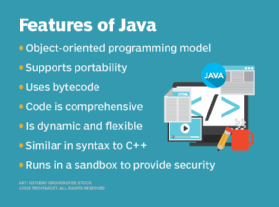
I'd be happy to explain what Java is in simple terms!
Java is a programming language that allows developers to create programs that can run on any device that has the Java Runtime Environment (JRE) installed, regardless of the operating system or architecture. In other words, it's a way for computers to talk to each other and share information.
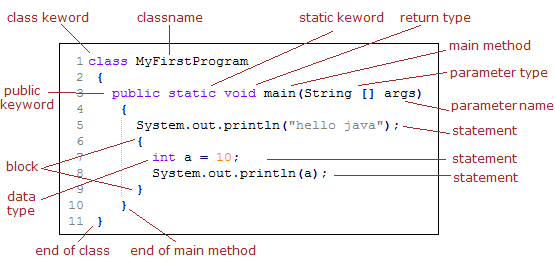
Think of Java like a recipe book. Just as a recipe book contains instructions on how to prepare different dishes, a Java program contains instructions that a computer can follow to perform specific tasks. These instructions are written in code, which is made up of special words and symbols that the computer can understand.
Java programs are compiled into an intermediate form called bytecode, which can run on any device that has the JRE installed. This means that you can write a Java program on one machine and then run it on another machine without having to rewrite the code or worry about compatibility issues.
One of the main benefits of using Java is that it allows for "write once, run anywhere." This means that you can write a Java program once and then run it on different devices, including computers, mobile phones, and even some appliances. This makes it an ideal choice for developing large-scale applications that need to be compatible with multiple platforms.
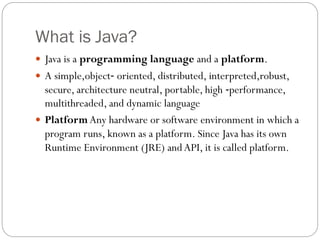
Java was first developed in the early 1990s by Sun Microsystems, and since then it has become one of the most popular programming languages in the world. It's used to develop a wide range of applications, from games and mobile apps to financial systems and web-based services.
Some of the key features that make Java so powerful include:
Platform independence: As mentioned earlier, Java programs can run on any device that has the JRE installed, without needing to be rewritten or recompiled. Object-oriented programming: Java is an object-oriented language, which means it's designed around objects and classes that contain data and behavior. This makes it easier to write reusable code and create complex applications. Dynamic loading of classes: Java allows developers to load classes dynamically at runtime, which means they can add new functionality or update existing classes without needing to restart the program. Memory management: Java has a built-in garbage collector that takes care of managing memory and freeing up resources when an application is no longer needed.Overall, Java is a powerful and versatile programming language that has revolutionized the way developers create software applications. Its platform independence, object-oriented design, and dynamic loading capabilities make it an ideal choice for developing large-scale applications that need to be compatible with multiple platforms.
In simple terms, Java is a programming language that allows you to write code once and then run it on any device that has the Java Runtime Environment installed. It's a powerful tool that's used to develop all sorts of applications, from games and mobile apps to financial systems and web-based services!
